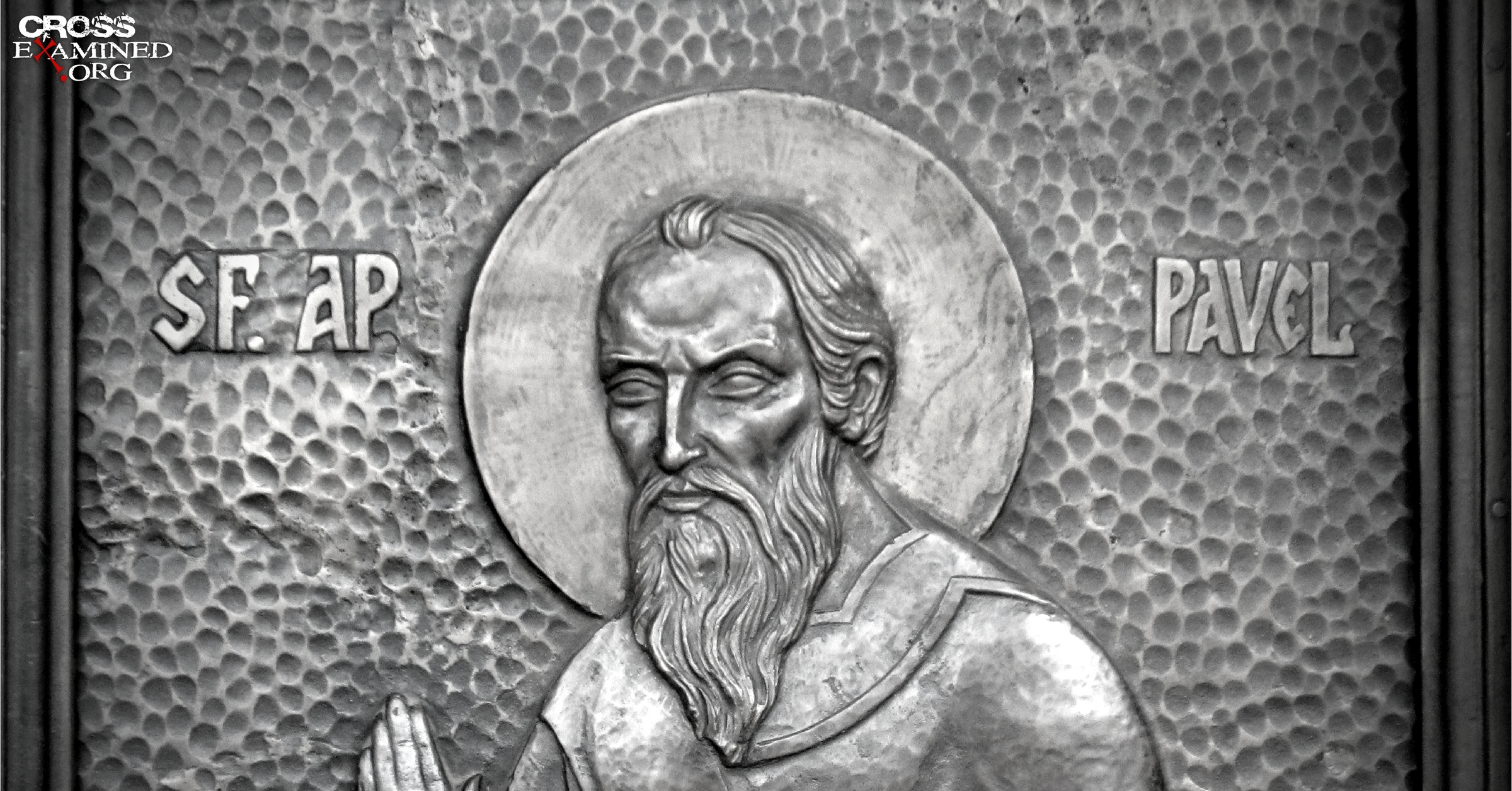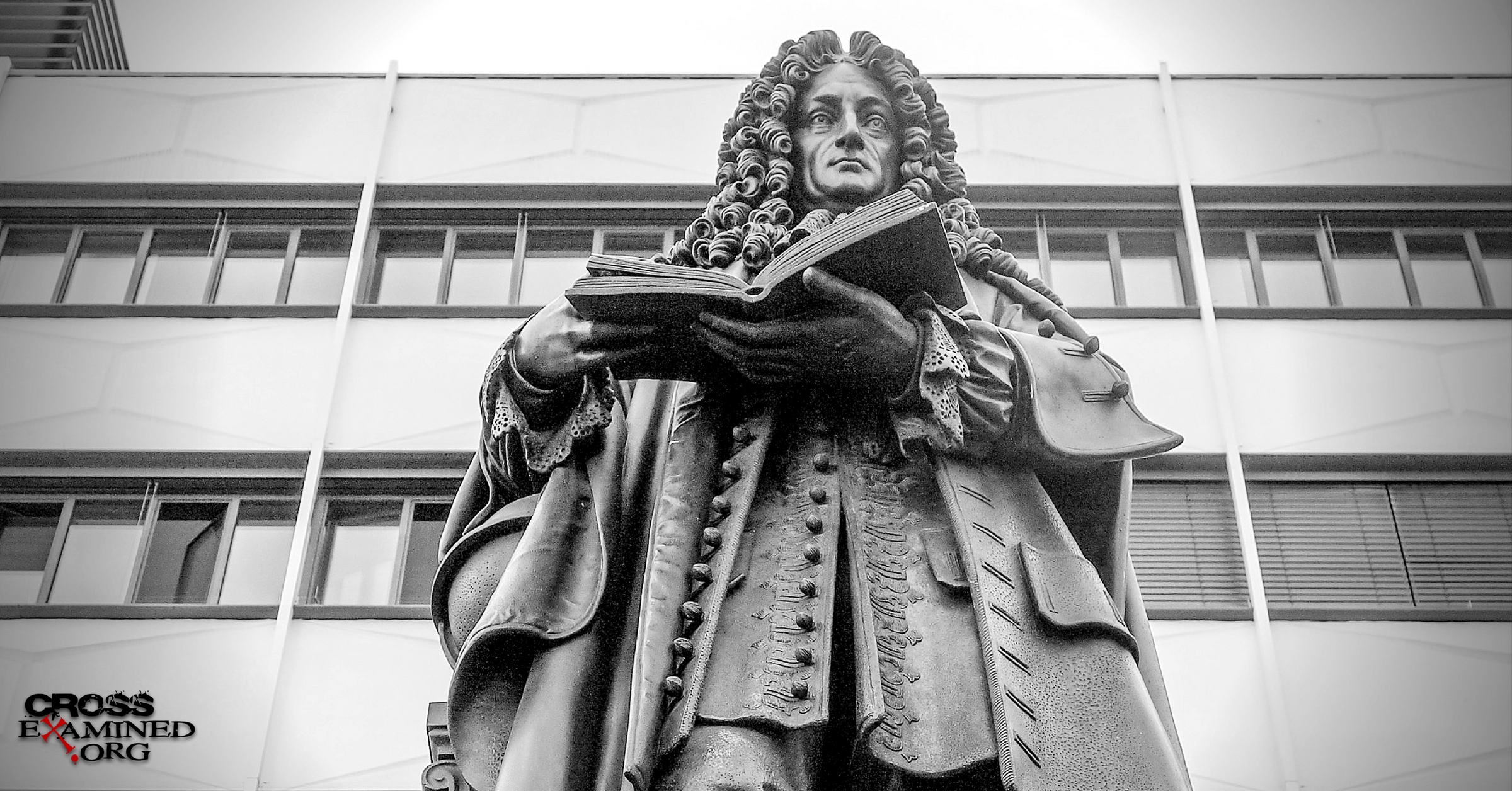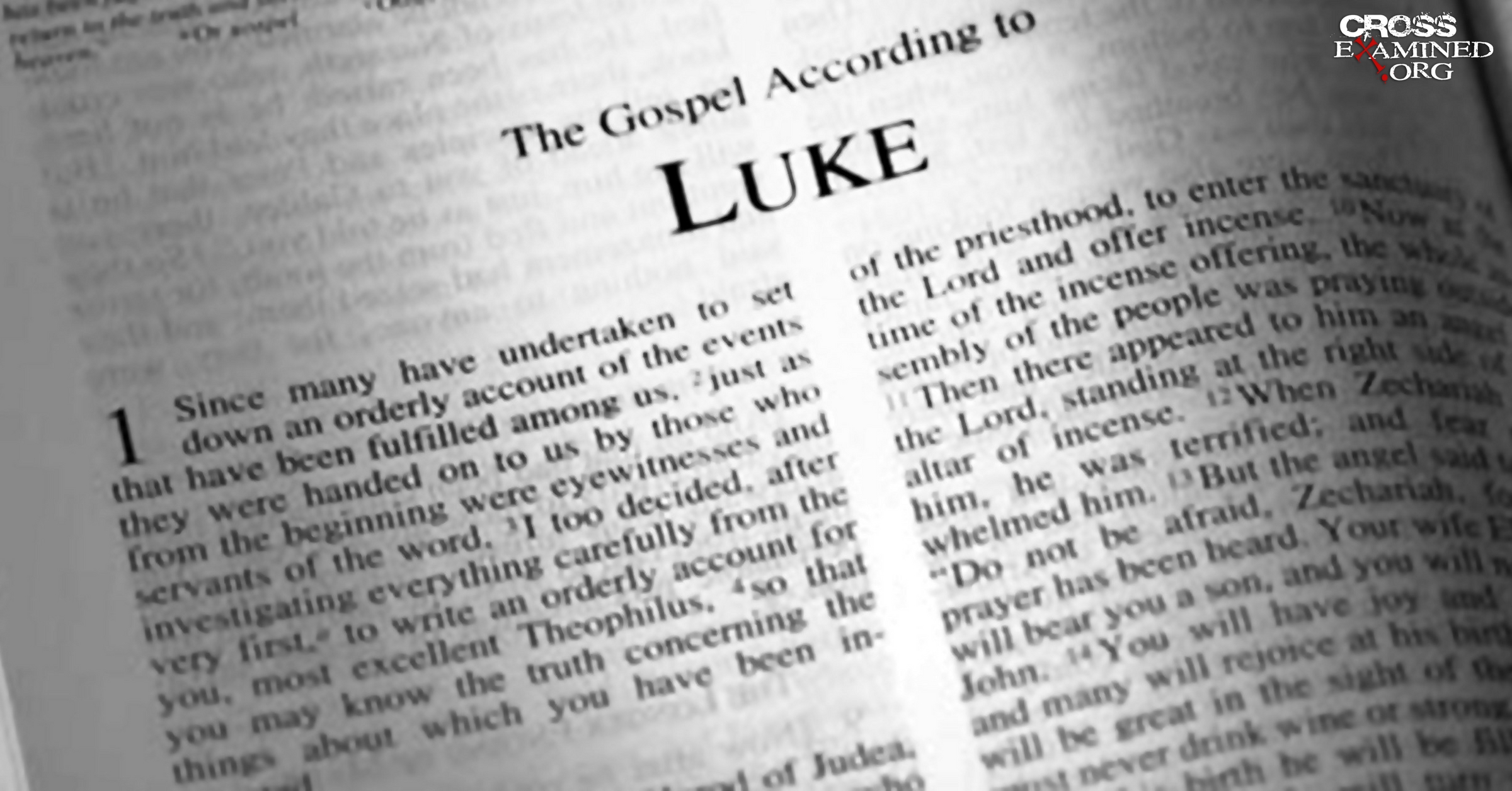By Dan Grossenbach
If apologetics is so great and its arguments compelling, why isn’t everyone convinced of Christianity? This is where the doctrine of election debate between Calvinists and Arminians normally comes in, but I think both sides are overlooking a simpler and self-evident truth of human nature – one they can both agree on. People aren’t robots. Each of us view new truth claims through a unique lens formed by our conditioning, cares, and community.
I’ve been writing, debating, and teaching apologetics for 15 years and I’m often asked by my students why their friends aren’t compelled by the same arguments they are. Those in my Reason Why class love apologetics for how it’s played a role in their spiritual development so they naturally want the same thing for their friends. Discovering the gospel is true based on independent evidence changes everything. Faith of wishful thinking becomes faith based on reality and the focal point of our life. Despite this, apologetics doesn’t play the same role for everyone.
It took me a while to realize this. At first, I thought everyone would openly consider the evidence and either confirm or change their beliefs accordingly. Not so. I’ve learned how we respond to our beliefs aren’t a matter of evidence and reason alone but just a part. Failure to appreciate this really frustrated me at first. I got discouraged when a powerful case for Christianity and logical fallacies were shrugged off so quickly by my friends. Once I understood other factors at play in worldview development, I became a better apologist. I now shake my head wondering why I didn’t see this earlier. The very same factors for those I’m trying to reach were there for me too. My life conditioning, my cares, and my community were far more important than the evidence ever was.
Conditioning
I once was interviewed by a news reporter about hosting Dr. Gilbert Shapiro, the leader of a local atheist group, to speak at our church. I pointed out how Dr. Shapiro and I each have been conditioned throughout our lives to form a perspective on things that matter. We may even come to the same conclusions at times, such as the value in protecting orphans and feeding the poor. Christians and atheists may agree on many things – even that there’s an underlying truth regardless of what either of us believe. I say God exists and Dr. Shapiro thinks He doesn’t. We both can’t be right. There’s a truth behind it all that we should be seeking. I see the world through the lens of of my life which makes sense of everything for me. Dr. Shapiro does likewise.
Atheists, like all of us, can grow accustomed to their understanding that we live in a world without God. In a guest lecture at our church, Dr. Shapiro told us “things are exactly as we would expect them to be if God does not exist.” Growing up in a traditional Jewish family, he couldn’t reconcile a God who would allow the holocaust. In tears, he described an emotional experience he had touring a Nazi concentration camp years earlier. “That could have been me!” he lamented from our stage. For him, his personal experiences made it harder to fit God into his worldview. Absent any contrary influence, this view is strengthened over time so that everything he experienced going forward was made to fit into an atheistic worldview thereby reinforcing his view.
With this information, I could put myself into his shoes, at least a little. If I shared the kind of life experiences Gil had, perhaps I might share this perspective. At the very least, I could sympathize with it. The knee jerk reaction to disagreement on such core beliefs might be to lodge arguments. No doubt, there are plenty of good ones to use, but they only work as far as prior conditioning of life experiences will allow.
Cares
We crave what we care about and avoid what bothers us. Yet somehow we expect people to set aside their cares when we share reasons to believe the gospel. When there’s a conflict between reality and our cares, the cares often trump our quest for truth. Part of being human is having personal tastes or aversions that make up our personality. Taken to excess, we slide into addiction on the one hand (desire) or paranoia on the other (aversion). Both cripple our choices and distract us from reality.
I see this as a daily part of my job as a criminal investigator. People living a stable life one day before that extra dose of drugs lose all control the next. The decisions they make going forward are less about reality and more about craving the high and avoiding the crash. You don’t have a drug problem? Not to worry, we all have something far worse: a sin problem.
It’s no coincidence God called the forbidden fruit-bearing tree the “Tree of Knowledge of Good and Evil” (Get 2:16-17). Foreknowing their choice, God knew in advance their free-will would teach them a valuable lesson: the world has natural laws that operate independent of what we want or believe. Namely, acting contrary to God’s will is the knowledge of evil.
This wasn’t just a truth lesson on the existence of evil, but specifically how choosing desire over godly obedience leads to terrible things. It was clear to them God could be trusted and was the source everything needed for human flourishing. Despite knowing this, Adam and Eve chose their desire for the forbidden fruit anyway. If it were only about knowledge of the truth, humans may have permanently changed course after seeing the tragedy of this bad decision. We would have learned the lesson and never been fooled by our desires again. Clearly that’s not the case because we’ve followed their lead ever since. We procrastinate, smoke, gamble, eat junk food, get drunk, overspend, fail to plan, lust, lie, cheat, gossip, or do countless other self-deprecating things knowing well aware of the consequences. This only can happen if humans have the capacity for choosing desire over truth. We all do it, so why expect our friends to fall at the cross when we give them the knowledge we think they need? That’s not to say arguments aren’t worth making. They are, but give it some time and understand the power of desire when you do.
Community
We’re all influenced by people closest to us and surround ourselves with people we admire. From childhood, our conditioning and cares are shaped by our parents, teachers, coaches, and peers. As we grow older, relationships become bound together by common values and beliefs. Eventually, we raise or mentor young people and we become leaders in the community that once shaped us.
I interviewed the local Mormon stake president on stage at our church recently and we’ve met a few times since then. He joined the Mormon church with his parents as a teenager and raised four kids and now has four grandchildren (all Mormons) in addition to his prestigious position as the leader of several LDS churches in a relatively large town. Do you think he has any motivation to skirt around difficulties involving his worldview? The fear of losing his entire community is very real.
How about you? Imagine what would happen to your relationships if you were to leave your church to join Mormonism. Do you remember how your friends in high school and college influenced you in the groups you were in? The pressure of acceptance or fear of rejection in a community is so strong it actually causes us to see the world differently than it really is. We deny truth because community matters more.
It’s no wonder occasionally a conservative Christian is willing to change their view on biblical passages because someone close to them, especially a son or daughter, announces their same sex attraction. A recent Barna study reveals how a shockingly high proportion of Christians hold to beliefs such as new age spirituality or secular scientism which directly conflict with core doctrine of the faith they claim to hold. They are part of a Christian community while rejecting it’s core beliefs. The contradiction is valued less than the power of peer influence. As long as we recognize there’s more at play than reason alone, this won’t catch us off guard in our mission to evangelize the lost and build up the saints.
Conclusion
When I look back at my return to Christianity, it was apologetics that sold me only after I had the conditioning, cares, and community lined up for that to happen. Growing up in a pleasant Christian home, it was easier for me to return to the faith I was already fond of. Some people experience the opposite. For them, harsh memories associated with Christianity (or Christians) repel rather than attract them. Our apologetics training normally doesn’t account for the intangible and moving targets involved with raw human emotion. This must change.
I find apologetics to be much more successful when learning about the person before making a case. For me, Paul’s illustration in 1 Cor 13 is helpful here. Whenever I’m tempted to focus solely on an argument before considering the person’s circumstances, I envision myself frantically banging a gong until they agree with me. That’s not love. Jesus didn’t shy away from debate and was blunt about the consequences of error. Yet, he cares about people enough to get to know them – even today. During his earthly ministry, he related to each person on an intimate level and it changed them (John 4:4-26, Mark 10:17-27, Luke 18:19). Arguments work, but it’s only part of the process.
Dan Grossenbach (M.A. – Biola, 2008) teaches apologetics at Catalina Foothills Church, is a Veritas Forum board member (University of Arizona chapter), Ratio Christi chapter advisor (U of A), and works full time as a federal criminal investigator in Tucson, Arizona.
Original Blog Source: http://bit.ly/2uxv8dz






 The Use of Amanuenses Account for Stylistic Differences
The Use of Amanuenses Account for Stylistic Differences



